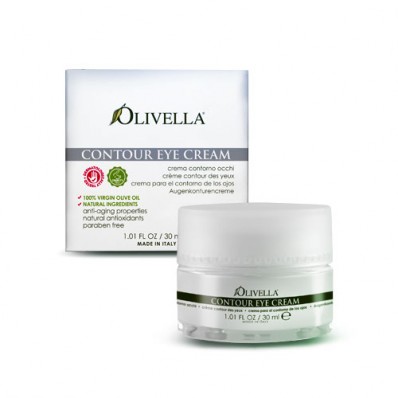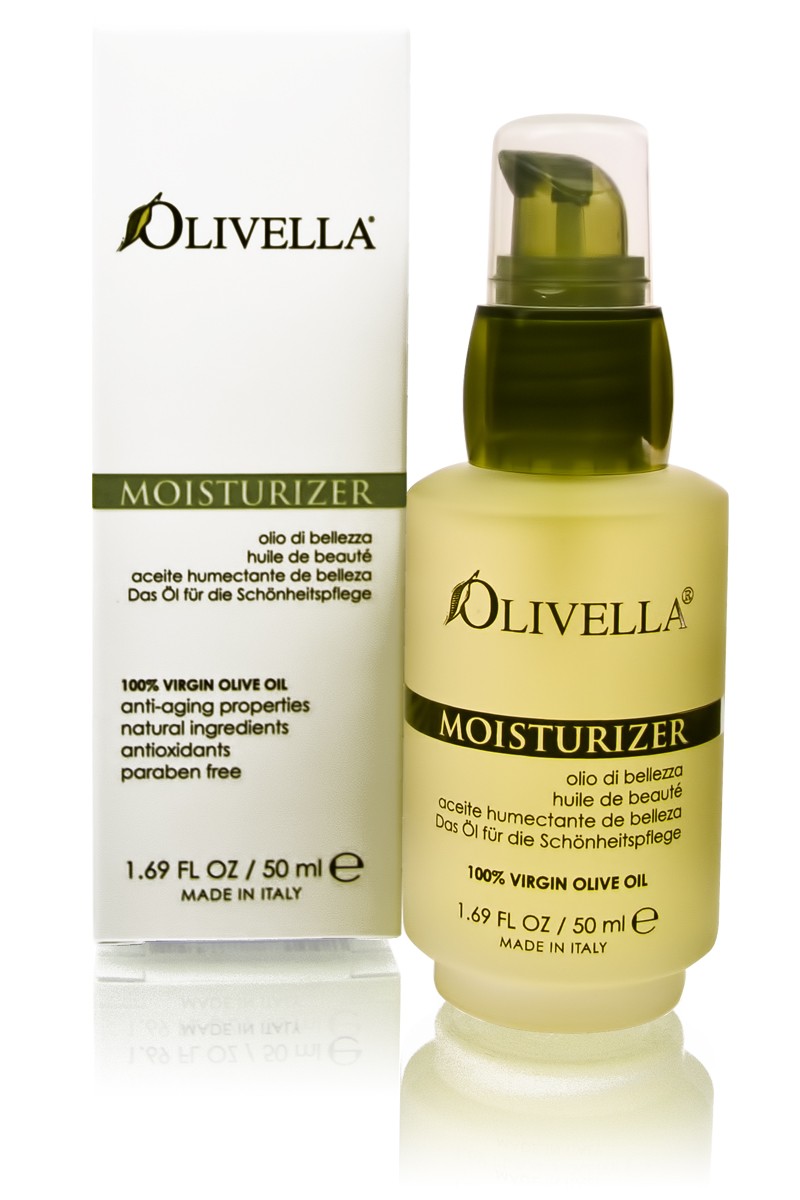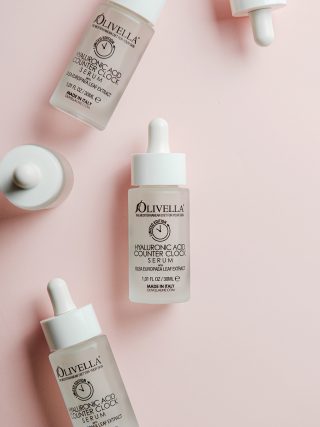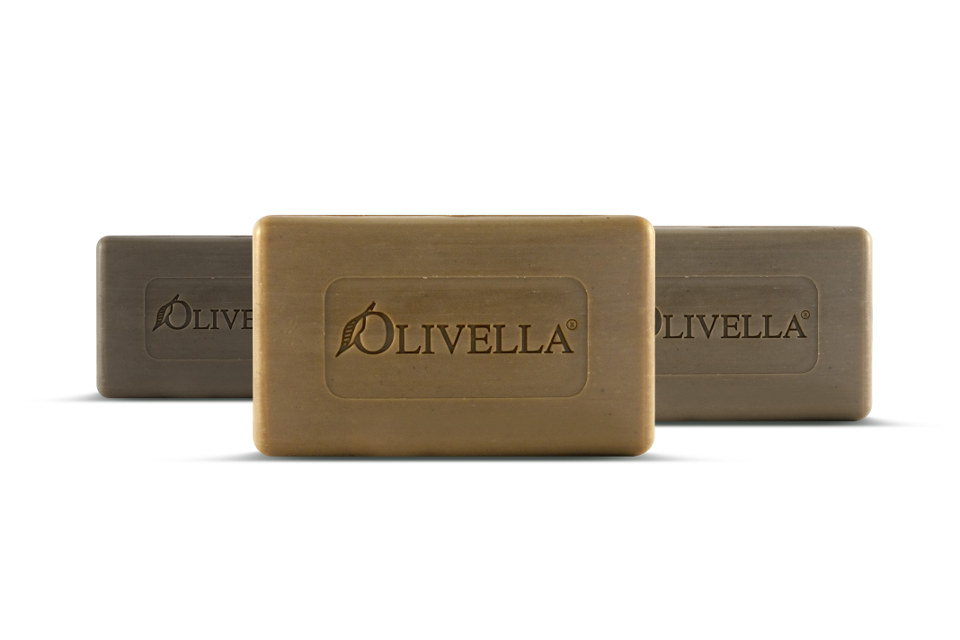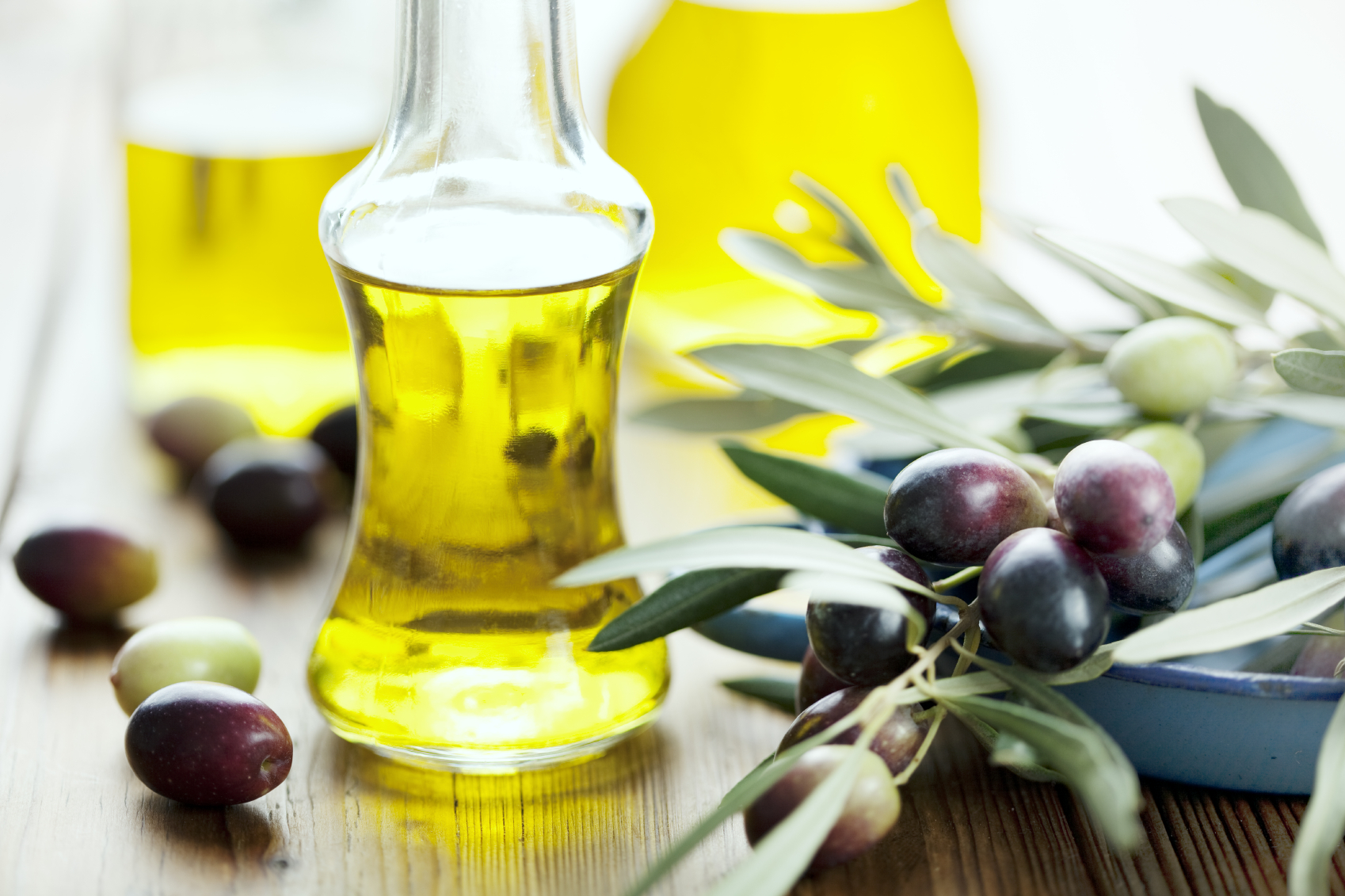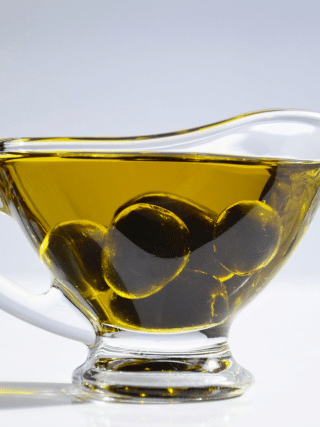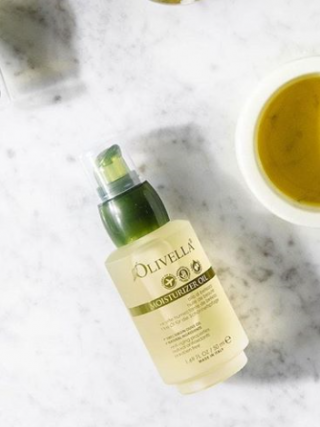It was not easy to decide what style and length to give this small, brief study. The amount of reference material available on the olive tree and its oil is truly vast, much more so than I had imagined. For this reason I have focused, rather than actually telling the history as others have done so well before me, on offering a series of curiosities on olive oil and the olive tree, starting from mythology and arriving at its use, already in antiquity, for cosmetic purposes.
As perhaps will be understood while reading, the part that I enjoyed the most, and which involved me the most, was that in which I attempted to reconstruct the presence of this ancient plant in art history. The last chapter is entirely devoted to the OLIVELLA products, in which I referred to the studies carried out at Umbria Olii S.p.A., and the work done for a university degree thesis. I hope I have succeeded in contributing to highlighting the novelty brought by OLIVELLA to the cosmetics sector: at long last, a truly natural line of products, obtained completely from olive oil!
Prof.ssa Camilla Mariani Zucchi
The olive tree has accompanied man’s life since the remotest times. Its origin seems to lie in some lands of southwestern Asia, from where it was allegedly transplanted in Egypt, Greece and its islands, southern Italy, and Sicily. Keeping in mind the fact that the colonies of Magna Grecia were founded between the late 8th century BC and the early 7th, it is probable that the cultivation of the olive tree dates from this period. However, not to be forgotten is the sea trade in these areas carried on by the Phoenicians, who referred to the oil as “liquid gold”.
During the 6th century BC, the Etruscans and Umbrians had already cultivated the practice of growing olives. The Etruscans were great olive consumers, which can be deduced also from the olive pits found, although they preferred to use the oil for cosmetic purposes, as can be seen by archaeological finds such as jars and ointment containers.
Various myths tell of the origin and dissemination of the olive tree. One of the most famous tells of the dispute for the possession of the Acropolis between Poseidon and Athena, which was ended by Zeus who decided that the winner be the one who created something useful for humanity. The victory went to the goddess, who created the first olive plant.
The plant remained so strongly connected with Athena that in ancient Greece, during the games held in her honor, the winners’ prize was the Panathenaic amphora, which was filled with olive oil coming from the olive grove consecrated to the goddess.
But for the poet Virgil, instead, the inventor of the olive tree wasn’t Athena, but Minerva (Artemis for the Greeks): “…oleaque Minerva inventrix…”
It is narrated that Apollo was born underneath an olive tree, which became associated with him, along with the laurel bush and palm tree. So was his sister Artemides, and perhaps it is not be chance that the goddess of beauty was born under the plant that produced the oil that was already used in the Greek world for body care. According to another myth, it was the shepherd Aristeus, who traveled through Thessaly, Arcadia, Sardinia, and Sicily on foot, who taught the peoples of the Mediterranean lands the secrets of its cultivation.
Not only mythology, but biblical texts also tell us of the sacredness of the olive tree. It would be interesting, even if a very long research project, to trace the passages of the Holy Scriptures where these references appear. Suffice it for the moment just to remember, referring to another mention made in the section devoted to the spread of the olive tree in the art world, the fact that the olive tree, among all those in the Earthly Paradise, represents the tree of life. In the Apocalypse of Moses, Adam, who has been cast away from Paradise, ill and dying, turns to Eve and says, “Go on! Go with our son to Paradise! Cover your heads with earth, cry, beg the Lord to have mercy on me, to send the angel to Paradise and give me the oil which runs from the tree! Then bring it to me, so that I can anoint myself with it and find peace!” Today, still, in the Christian tradition, anointing sanctions the entrance of every man into the sphere of God’s elected.
Known since the remotest times, the olive tree, with the product of its fruits, was considered in different contexts and by different peoples a sacred plant, used to accompany numerous religious ceremonies. For example, it is featured in the funeral rites of both the Egyptians and the Greeks: Egyptian pharaohs were anointed after death with olive oil, and olive oil burning lamps were found in their tombs. And who does not remember the famous pages of the IIliad in which Achilles, before avenging the death of Patroclus, arranges his funeral, ordering his companions to wash the body, anointing it and filling the wounds with ointment nine years old.
Nevertheless the use of olive oil was never relegated solely to the sacred sphere. As mentioned by various writers of antiquity, it was a fundamental product in the food, medical, and cosmetic fields, and thus was not separated from the more practical and concrete aspects of everyday life. What we are most interested in here is to show how the use of olive oil for body care and beauty is not a recent invention: Egyptians, Greeks, and Romans had already discovered this.
But before dealing with this aspect, I would like to make a short digression into the historic-artistic context, to see how much and in what way our tree was depicted by artists in different time periods.

